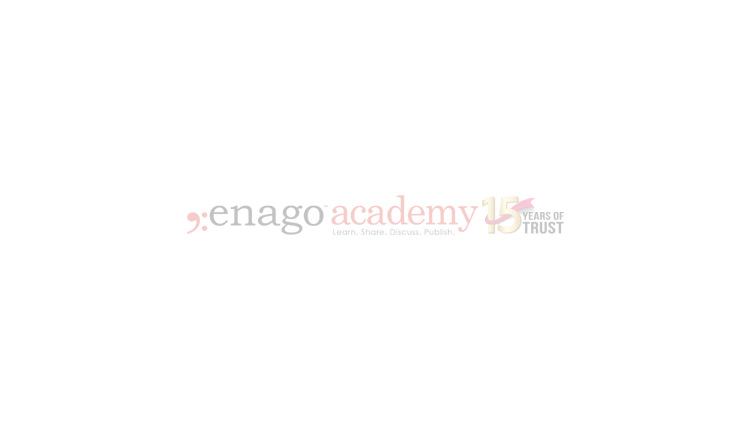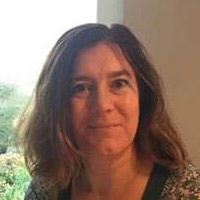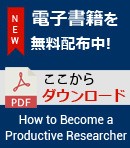セミナー内容
The impact of ‘English’ language in scholarly communication is unmatched. Enago in collaboration with Technische Universität Dresden conducted insightful sessions helping researchers in communicating important findings in English for improved visibility and higher impact. Publishing in English helps researchers to reach out to the global research community, consequently boosting citations and establishing credibility among peers. For authors and graduate students whose primary language is not English, the most challenging aspect is conveying their research in a manner acceptable for publication in peer-reviewed international journals. Researchers often face difficulties in including all the findings from a research study in one article and presenting it efficiently. Moreover, many studies written by ESL authors are rejected by the journal editors themselves and do not even reach the stage of peer review. Through this session, we provided researchers with important and easy tips for correct usage of the English language and grammar. We also discussed ways to present data effectively.
Researchers will have a better understanding of the following:
- Importance of good English writing skills
- Improved knowledge about the application of English grammar in academic writing
- Importance of fluency, clarity, and readability of the manuscript
- Awareness of common mistakes made by ESL researchers while writing in English
- How to present research data effectively?
- Importance of manuscript proof-reading to avoid mistakes before submission
Good academic writing skills also play a crucial role in acquiring grants and fellowships. It is a proven fact that research and funding go hand in hand. Many private and public funding organizations support scholars in the interest of the advancement of science and technology. However, with a substantial increase in the number of proposals being submitted for review, minute differences and detailing in proposals counts most. Competition for grants and fellowships is intensifying and it is important for researchers to not only recognize a good call for applications that matches their profile and requirement but also write an excellent research proposal.
Through our second session, we will help researchers have an improved understanding of the following:
- How to choose between a grant and a fellowship?
- How to perform extensive research for available grants?
- How to identify the different funding bodies and their interests?
- How to read and select the most fitting call for applications?
- Basic building blocks of writing an impactful research proposal
- How to make your proposal engaging and appealing to the funders?
- Understanding the steps involved pre- and post-submission
主な対象者
- Early-stage researchers
- Doctoral students
- Postdoctoral researchers
- Established researchers









